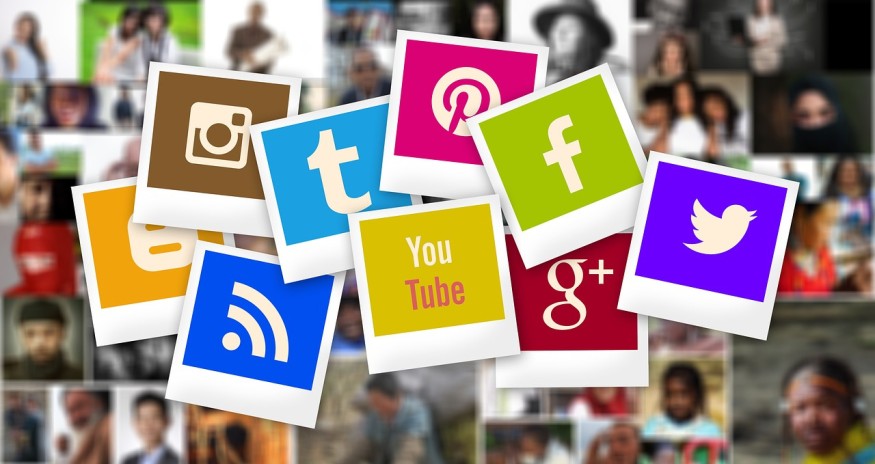
The way mental illness is portrayed on social media platforms can significantly shape young people's perceptions and beliefs, according to a recent study.
Researchers found that subtle variations in messaging, particularly regarding the malleability of mental health, can influence attitudes towards depression and anxiety treatment among college students, per their study published in the Journal of Clinical Psychology.
Lead author Whitney Whitted, a doctoral student in psychology at The Ohio State University, pointed out the significance of their findings, emphasizing the substantial time young adults spend on social media and its potential impact on their beliefs about mental health.
"What we found is that what young adult college students view on social media has the potential to impact what they believe about mental illness," Whitted explained, Mirage News reported.
"It is important that the messages they receive accurately reflect what we know about mental illness, especially the fact that it is treatable."
In the study involving 322 undergraduate students, participants were exposed to social media messages (tweets) from X, formerly Twitter, that conveyed either a "growth mindset" or a "fixed mindset" regarding mental health, or a neutral control condition unrelated to mental health issues.
Messages promoting a growth mindset emphasized the potential for improvement and recovery from mental illness through effort and intervention, while those endorsing a fixed mindset portrayed mental health as static and unchangeable.
Following exposure to these messages, participants' beliefs about the treatability and duration of depression and anxiety were assessed. Results revealed significant differences in attitudes among those exposed to growth mindset versus fixed mindset messaging.
Participants who encountered growth mindset tweets expressed greater optimism regarding the treatability of depression and anxiety, believing that these conditions are not necessarily permanent and that individuals can take steps to alleviate symptoms.
In contrast, those exposed to fixed mindset messages exhibited more pessimistic views about the permanence of mental illness and its treatment efficacy.
Notably, these shifts in mindset occurred after just a brief exposure to social media messages, underscoring the influential role of digital narratives in shaping attitudes towards mental health.
Study co-author Jennifer Cheavens, professor of psychology at The Ohio State University, said there are potential implications of the findings for mental health advocacy and therapy.
"We want our clients to put in the hard work necessary to overcome their problems - but they have to believe it is possible," Cheavens said.
She suggests that promoting growth mindset messages on social media may encourage individuals with depression or anxiety to seek help and engage more actively in therapy, instilling confidence in the efficacy of treatment.
"This study suggests there may be ways to give them a boost, to help persuade them that working hard in therapy can pay off in the end," Cheavens added.
By promoting messages that align with the evidence-based understanding of mental illness as treatable, social media can serve as a valuable tool in destigmatizing mental health issues and fostering a supportive online environment for individuals seeking help and support, according to the researchers.
